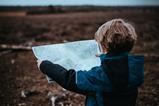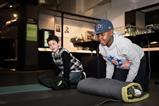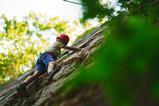Anne Hunt on how learning beyond the classroom creates crucial links with arts, nature, science, and heritage.
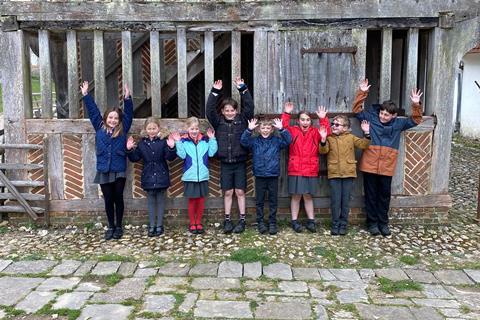
My career has revolved around ensuring more children and young people can benefit from learning beyond as well as inside the classroom. This is probably because evidence and experience continue to show me the transformational impact these experiences can have.
I know I am not alone in having vivid memories of a primary school visit, in my case to the Weald & Downland Living Museum where I was silenced by the smoke-rich darkness of an Iron Age house reconstruction and left wide-eyed watching a calf being born. With hindsight, my later decisions to study environmental science and find myself working at the Chiltern Open Air Museum delivering educational visits might be more than a coincidence!
The greatest benefits of learning beyond the classroom may be the positive impact on building connections with ourselves, with others (past, present and future), with our communities, and ultimately with our society.
Over the years I have seen that learning delivered in science, nature, heritage and arts settings ignites sparks and new ways of seeing that open doors and change lives. We are all unique and innately curious individuals, so we must strive to offer students the diversity of learning experiences needed to allow each one to connect the knowledge and insight they gain in the classroom to their lived experience in the real world.
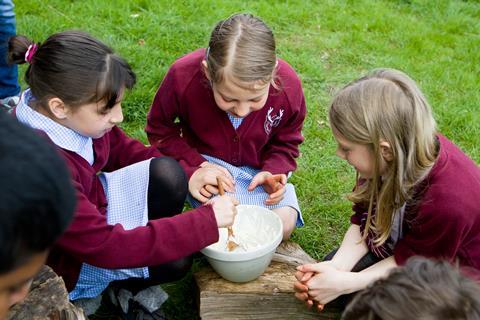
People delivering our children’s education are on the frontline, and here at CLOtC we continue to salute you all. The evidence is strong and consistent that learning beyond the classroom delivers a uniquely wide range of co-benefits to health, wellbeing and learning, for teachers and learners alike. So, this is why we believe so strongly in championing learning beyond the classroom as a simple, proven strategy for helping schools mitigate widening inequalities in health and learning.
How to measure our ‘contact’ with nature
I was lucky to work with a great team on the relatively new scientific construct of ‘nature connectedness.’ Our ‘contact’ with nature is typically measured by how long or how often we visit natural spaces, but our ‘connection’ with nature measures our relationship with nature, including aspects like whether we find beauty in nature, create personal meanings with it through stories or culture, whether we feel part of nature and compassionate towards it.
I know I am not alone in having vivid memories of a primary school visit, in my case to the Weald & Downland Living Museum where I was silenced by the smoke-rich darkness of an Iron Age house reconstruction and left wide-eyed watching a calf being born.
Being able to describe (and measure) the difference between contact and connection with nature has begun to have profound impact on the environmental sector, developing more informed ways of planning, delivering, and evaluating policy and practice designed to respond to the challenges of climate change and sustainability.
Having worked across many sectors over the years, I am sure the same need for both contact and connection also exists for heritage, science, and arts. If we are serious about building a society where everyone can benefit from the arts, science, and heritage, and which values these enough to care for them too, then we need to understand how to enable connections with them.
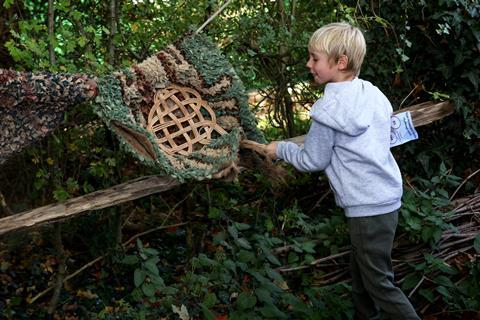
Learning beyond the classroom builds connections. Being told about a vortex in a lab or classroom is very different to visiting a science centre and being able to put your hands into a vortex and change the way it behaves. Being told that servants in a historic house used to live in tough conditions is very different to climbing out through a low roof hatch to discover the weirdly low and wide roof gutters installed specifically for the servants to be able to wash in the rainwater coming off the roof. Learning a language in a classroom is very different to being immersed in the country where it is spoken. So, enabling opportunities to connect with science, nature, heritage, and arts as part of our education and development is important, and these opportunities often happen best in settings beyond the classroom or lab.
I love this quote…
“Participating in high quality learning experiences at theatres, museums and arts organisations large and small can enrich the social, emotional and academic development of children and young people and define who we believe we can become and what we believe we can achieve in life.”
Jacqui O’Hanlon, director of creative learning and engagement at the Royal Shakespeare Company
The greatest benefits of learning beyond the classroom may be the positive impact on building connections with ourselves, with others (past, present and future), with our communities, and ultimately with our society.
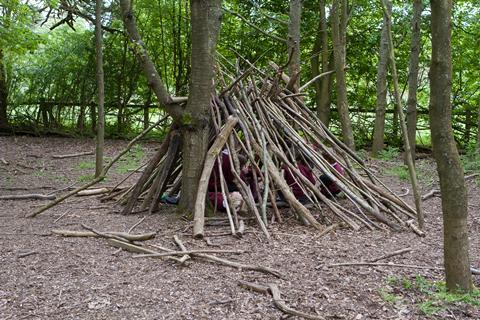
Council for Learning Outside the Classroom updates
I am happy to report increasing take up of our school support (including our LOtC Mark Direct and Mentoring) and our support for providers (including our LOtC Quality Badge scheme.) These will be translating into more opportunities for more schools and students to contact and connect with the heritage, nature, arts and science on their doorsteps and in places farther away too. So, let’s keep this momentum going.
And why not join us at our National Conference 2024 on 14th November at Weldon Village Academy in Corby, Northamptonshire for a lively programme of inspiring speakers and engaging workshops delivered by LOtC professionals from across all sectors.
Discounted rate tickets are on sale until 31st July at www.lotc.org.uk/event/clotc-annual-conference.
Find out more about the Council for Learning Outside the Classroom at www.lotc.org.uk.







